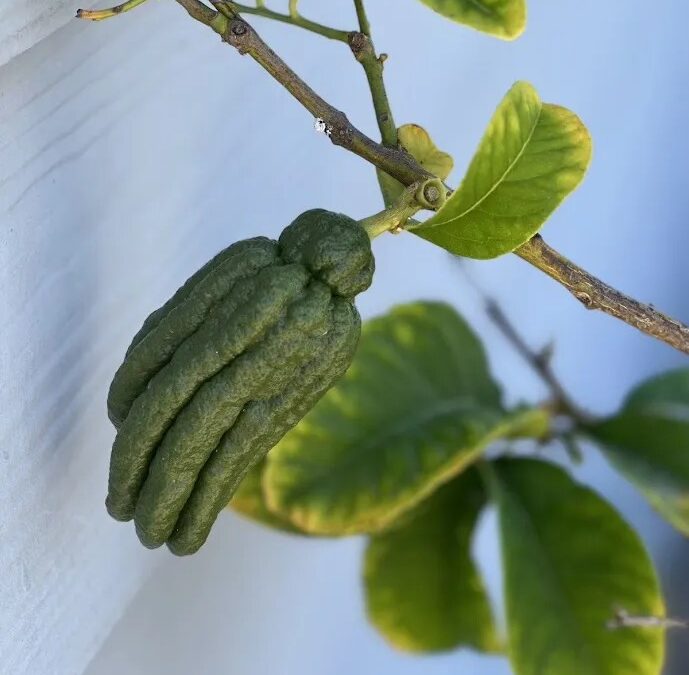In the US we live in a representative democracy—imperfect, but real. Citizens elect officials who represent our ideas and concerns, again imperfectly. Democracies need to be nurtured and protected. Their credibility rests on the willingness to accept criticism, self-correct, and welcome diverse perspectives.
If you are a practicing Buddhist in the US, you are practicing in this democratic container: the values of diversity and debate, collaboration, space for dissent, and protection of individual rights and freedoms. These values extend to honoring human needs for self-care and extend outward—to care for others, for all beings, and for the earth. Our sanghas, like democracies, must also be tended and protected.
I’ve noticed how extremes often show up in times of tragedy: September 11, the pandemic, multiple wars, multiple mass shootings, climate-induced fires and floods. Politicians often announce extreme intentions. We don’t always know what they mean or how they’ll act. We may even have extreme intentions ourselves. It’s important to recognize them, hold them with care, and discern how to act.
This is part of the paradox of the Middle Way. To find balance, we must first acknowledge the extremes. They can’t simply be cut out. Moderation can’t just be layered on top. Extremes are potent—like chili pepper in soup—best used sparingly. But when the heat is high, it’s hard to question or be curious. That’s true in politics too. Certainty fuels extremes; reflection opens us to conditions and cools the fire. At those times, restraint and inquiry may be wiser than reactive action.
Recently, I was invited to facilitate a weekly online meditation group with the Buddhist Coalition for Democracy. In the format I’m offering, participants will be invited to bring their thoughts, feelings, and experiences of activism—or “compassion in action,” “liberation and justice work,” “engaged social action”—into meditation, holding them with Kindness and Curiosity. This group will be an experiment. We will come together with the Buddhist tenets of self-honesty and care, yet I want us to remember that we won’t all be on the same page, and that news and politics touch us each with different sensitivities. That meditation can regulate our nervous systems, even online. That support can be palpable.
As Buddhists, we are called to witness, respond, and resist when democratic norms and institutions are under threat. The same call is true in our sanghas, whether we are part of many or just one. Collectively, we have centuries of practice among us in following the Eightfold Path. Rarely has there been a more significant and poignant time to bring our views, intentions, awareness, and concentration into collective effort, action, speech, and livelihood.
And yet, it is also a frightening time—to be a politician, essential worker, academic, educator, journalist, medical professional, technology savvy, a therapist, dharma teacher, meditator, or simply being alive now.
The words of Pam Houston, an American writer whose work is deeply connected to both landscape and emotional truth, come to mind here:
“A shooting star fell outside my window last night, and my stomach clenched because I realized my relationship to hope, to wishes, had changed utterly this week. And then I realized that all wishes now needed to be replaced with something closer to determination. We must make communities now of whatever size that support all those who have become radically more vulnerable. We must make micro-countries of love inside this larger country of cruelty. Small communities that prioritize difference and expression and safety and joy. In other words, we have to do what we have always done, just more determinedly.”
Though often I’m allergic to the word must, I hear it differently in Pam’s words. “Must” can carry the sharp edges of obligation and duty, of certainty and capital-T Truth, which often triggers resistance in me. But here, it opens into something else—a poetic call, a moral call, an inner imperative to lean into determination.
Perhaps this is the work of democracy and dharma alike: to hold extremes without being consumed by them, to find balance in the middle way, and to keep making communities of care—just more determinedly.
Linda Modaro is the founder and lead teacher at Sati Sangha, a vibrant online meditation community offering daily Reflective Meditation sessions and online retreats throughout the year. She is co-author (with Nelly Kaufer of Pine Street Sangha) of Reflective Meditation: Cultivating Kindness and Curiosity in the Buddha’s Company. Her weekly online meditations for the Buddhist Coalition for Democracy will begin on October 1st. Check the BCD Event Calendar for details.
